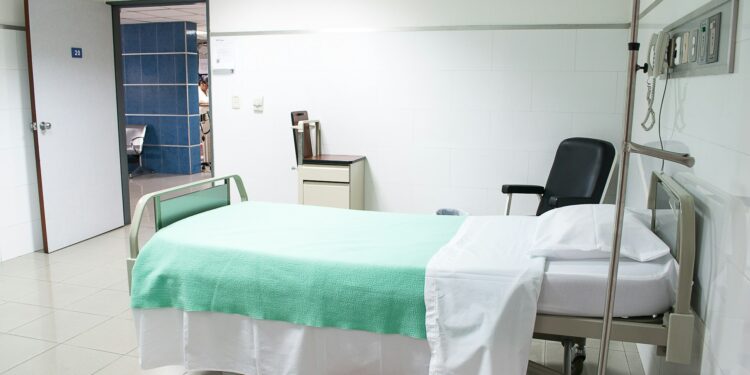Sickle Cell Anemia Cured For The First Time Ever
Sebastien Beauzile, after battling sickle cell anemia for 21 years, became the first person in New York to be cured of the disease through an innovative genetic treatment. The groundbreaking procedure was performed at Northwell Health’s Cohen Children’s Medical Center, using a therapy called Lyfgenia. This treatment modifies the patient’s bone marrow to generate healthy red blood cells, effectively curing the condition. Beauzile described the treatment as overcoming a major challenge in his life.
The medical team at Cohen Children’s Medical Center, led by specialists in Pediatric Hematology Oncology, celebrated the success of the treatment. Dr. Banu Aygun, one of the key figures in the procedure, emphasized the importance of using Beauzile’s own stem cells in the therapy. Sickle cell anemia, a condition that predominantly affects people of African, Mediterranean, and Middle Eastern descent, was first recognized in 1910. Dr. Jeffrey Lipton noted that this treatment represents a historic achievement as the first real solution for the disease in over a century.
Beauzile had been a patient at Cohen Children’s Medical Center since his infancy. His mother, Magda Lamour, expressed heartfelt gratitude for the exceptional care and treatment her son received throughout the years. This medical breakthrough not only marked a major milestone for Beauzile but also opened the door for other patients to potentially benefit from the same treatment in the future. The medical team at Northwell Health is hopeful that this cure can be offered to more people affected by sickle cell anemia.
Now free from the debilitating effects of sickle cell anemia, Beauzile is eager to embrace a new phase in his life. He plans to pursue further education, travel, exercise, and even explore a career in the medical field. His newfound optimism and enthusiasm for the future have been deeply inspiring. Additionally, civil rights attorney Ben Crump made a significant donation of $100,000 to Northwell Health to support ongoing research and treatment efforts for sickle cell anemia.

































Discussion about this post